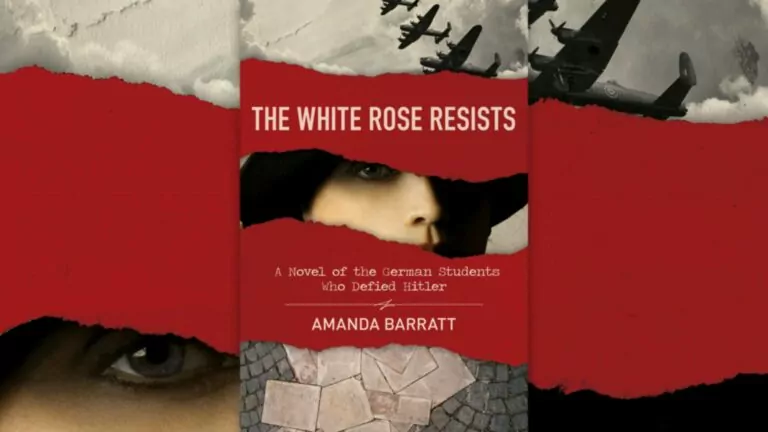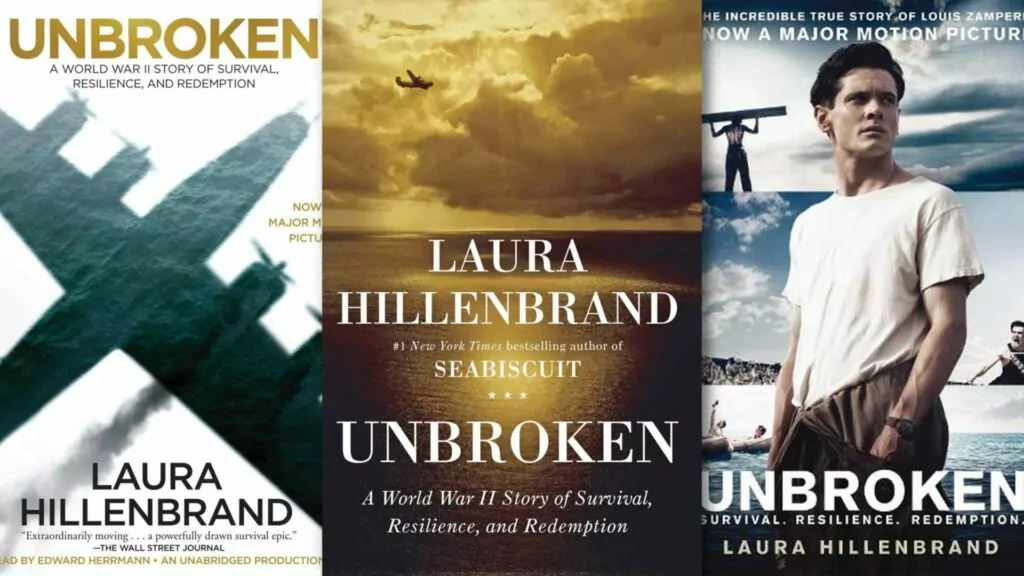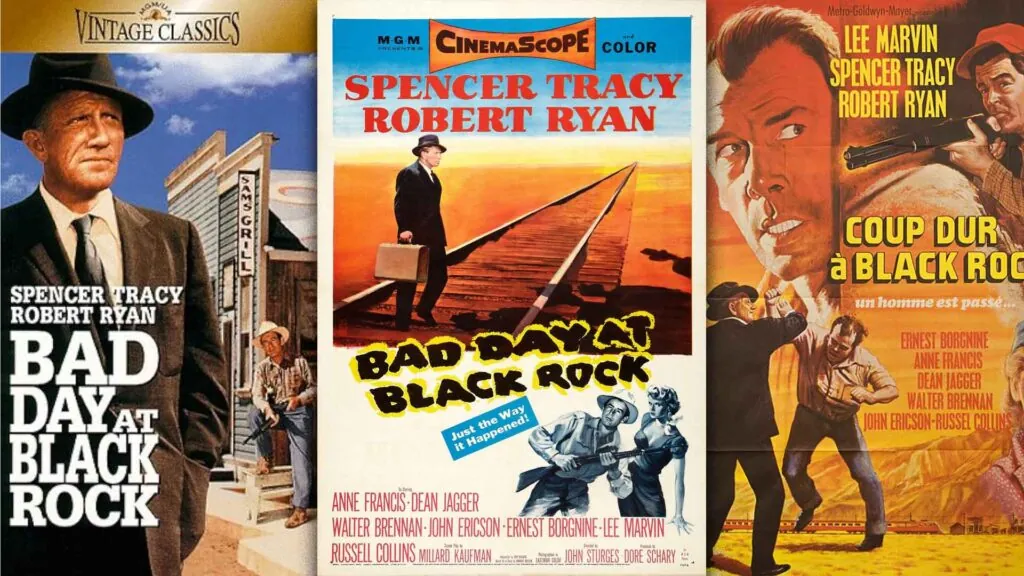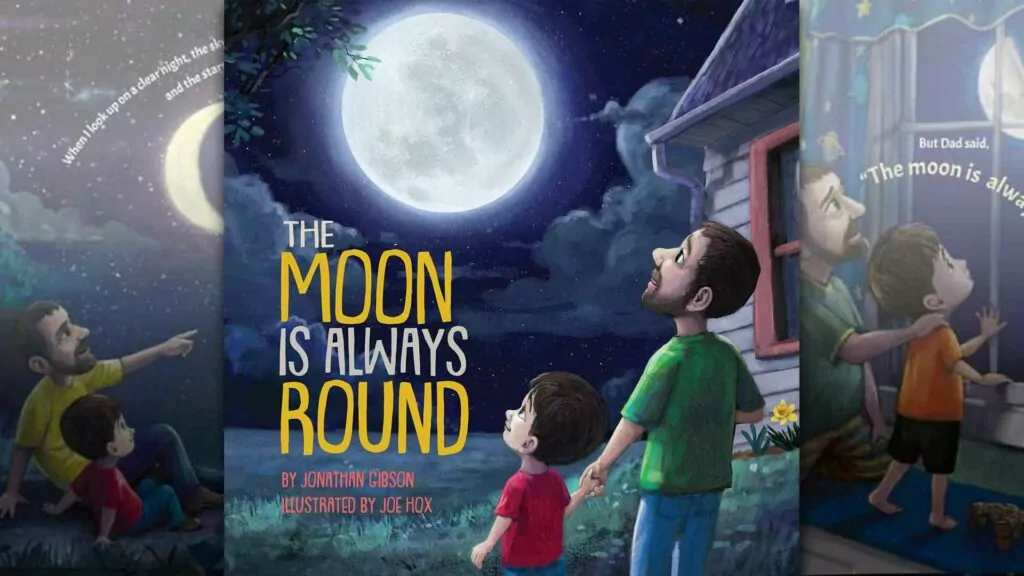by Amanda Barratt
2020 / 320 pages
Rating: GOOD/Great/Give
In Amanda Barratt’s novel The White Rose Resists, a candle is being lit in the midst of the Nazi darkness that has cast its shadow upon the world. The White Rose was a group of five college students and a professor operating in Munich, Germany. Their goal was to combat the Nazi propaganda that was blinding the German people. The White Rose accomplished this by printing and distributing leaflets, giving a voice to the truth. Their leaflets detailed and denounced the atrocities that were being committed against the Jews across Europe. The group called for the students of Germany to rise up against Hitler.
I really enjoyed this novel. Barrett does a terrific job bringing this historic resistance group to life. She was able to blend fact with fiction to create a cohesive narrative of what this group may have experienced.
This Christian author weaves in a message on God’s sovereignty. Members of the White Rose grapple with their faith and ultimately come to the knowledge that God’s will must be done. They place their trust and hope in Him to give them the strength they need to pass through their trials and tribulations.
When darkness has seemed to triumph, God, in his sovereignty, begins lighting candles so that the darkness will not overcome the light. The White Rose was one of many candles that God used to bring down Hitler and his Nazi regime.
This book is a great read for teenager and adult alike. The only criticism I have to offer is that the author blended several German words into the narrative. Initially, this was quite distracting but improved as the novel progressed.












